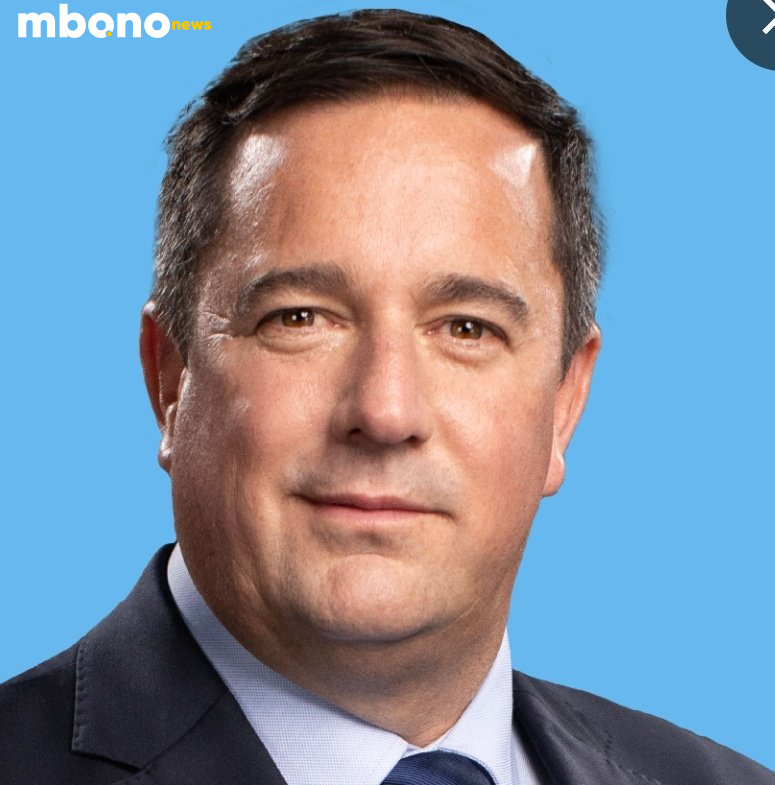In a rare and pointed statement that challenges a widely circulated international narrative, South Africa’s Agriculture Minister John Steenhuisen declared that the country’s rural safety crisis is real — but it’s not what many outside observers think.
Speaking at a recent agricultural forum, Steenhuisen said:
“We are facing a rural safety emergency, and the hardest hit are not the commercial elites, but small-scale farmers — many of whom are Black and struggling to survive.”
His comments mark a shift from the often politicized debate around farm safety, which has historically centered on white commercial farmers and land reform fears. Steenhuisen’s message: the crisis runs deeper and more broadly across race and class lines.
Beyond the Headlines: Who’s Really at Risk?
While global headlines often focus on isolated cases involving white landowners, Steenhuisen painted a fuller picture: rural crime — including theft, violent attacks, and extortion — is threatening the livelihoods of thousands of smallholder farmers in remote areas, many of whom operate without fencing, security systems, or access to rapid police response.
“These are not just statistics,” he emphasized. “These are families trying to feed communities, grow jobs, and keep their land productive. When we ignore them, we undermine the future of our rural economy.”
A Politicized Narrative Gets a Reality Check
Steenhuisen’s remarks are particularly noteworthy given ongoing international commentary — especially from U.S. politicians and media — that often frame South Africa’s rural violence as a form of racial persecution. But the data and stories from the ground complicate that view.
In 2024 alone, over two dozen small-scale farms were reportedly forced to close due to persistent security threats, including livestock theft and infrastructure sabotage. A significant portion of these farms were owned by Black South Africans.
Policy vs. Perception
Critics have accused Steenhuisen’s Democratic Alliance (DA) of being disconnected from the rural grassroots, but his latest comments may signal a shift — or at least an acknowledgment that rural safety policy needs to be holistic and inclusive.
He called for “a nonpartisan, facts-first approach to rural security,” including better rural policing, farmer support networks, and mobile security units in high-risk zones
